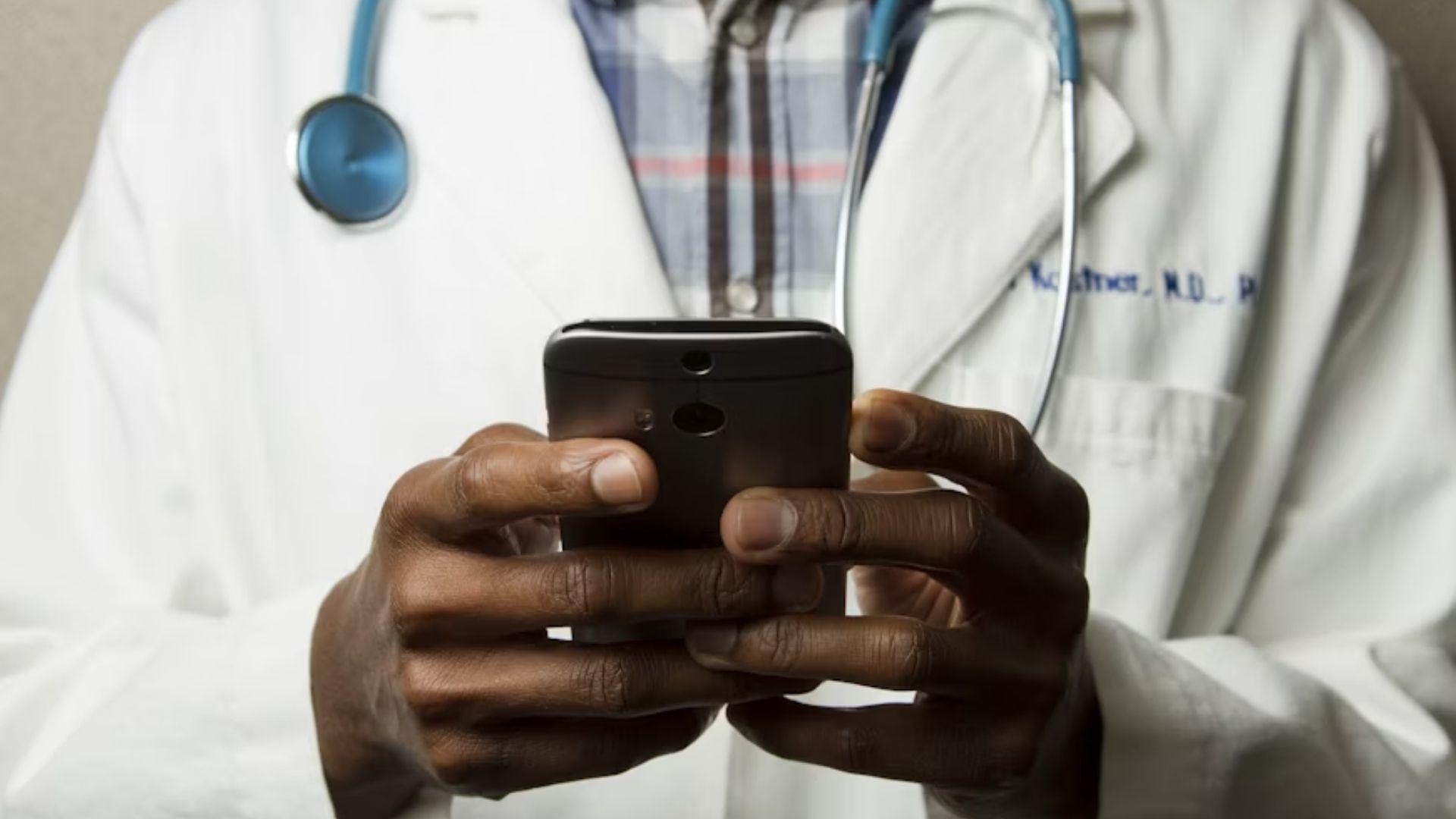Citing budgetary concerns, Democrats in California have agreed to delay a promised increase in the minimum wage for nearly half-a-million healthcare workers in the state.
The agreement between Democratic legislators and Governor Gavin Newsom is designed to help close a multi-billion-dollar budgetary deficit.
Pay Hike No Longer Imminent

Under the original legislation, California health workers were set to receive a pay hike on July 1st, with their wages gradually increasing to $25 per hour over the course of ten years.
The proposed wage hike would have affected 426,000 healthcare workers, although it does not apply to doctors or nurses.
New Plans Postpone Hope

The new plans, which legislators are expected to vote on next week, would see the pay hike postponed to October 15th if, and only if, California’s revenue between July and September are 3% higher than what is estimated.
If that threshold is not reached, the first pay rise could be delayed until January 1st, 2025.
Activists Frustrated But Sympathetic

The news of the pay increase being delayed has caused frustration among progressive activists and union members who had fought for the progressive legislation. However, many seem to appreciate the reality of budgetary restraints and seem thankful the pay rise hasn’t been scrapped altogether.
Dave Regan, the president of Service Employees International Union-United Healthcare Workers West said, “We… recognize and appreciate that legislative leaders and the Governor listened to us as we mobilized and spoke out this year to insist that, despite a historic budget deficit, California’s patient care and healthcare workforce crisis must be addressed.”
California’s Economic Outlook Shows Promise

California’s budgetary shortage is estimated to be $46.8 billion – the second consecutive year with a multibillion-dollar deficit.
However, revenue in the Golden State has rebounded recently, and Regan said he is confident the state will achieve the 3% target it needs to reach to ensure an October pay rise.
A Costly Proposal

The plan to increase pay for healthcare workers would have a radical, wide-ranging impact on both workers in the state and the state economy more widely.
The Newsom administration previously said the wage hike would cost the state $2 billion. However, if delayed until January, the estimated cost to the general fund would be $600 million.
More Tough Decisions Made

To try and close California’s budget surplus, legislators and the Governor have agreed on a number of budget cuts.
These include cutting $110 million from a program designed to help middle-class families pay for their children to go to college and over $1 billion in cuts to affordable housing.
New Budget Sees Some Wins

However, Newsom did manage to stop some proposed cuts – including one that would have stopped paying people to care for immigrants who are disabled with low income.
“This agreement sets the state on a path for long-term fiscal stability – addressing the current shortfall and strengthening budget resilience down the road,” Newsom said.
Fast Food Workers Still See Wages Increased

While healthcare workers will have to wait for their pay rise, one group who will not is fast food workers. On April 1st, the state’s fast food workers saw their minimum wage increase from $16 an hour to $20.
The fast food wage increase has been a hot topic of debate in the state – heralded as a victory by activists, but accused of leading to rising prices and job losses by others.
Social Media Disapproval

Closing a multi-billion-dollar deficit usually involves doing unpopular things, and this time is no different. Many said it was wrong to delay the pay rise for healthcare workers just a few years after the peak of the COVID-19 pandemic.
One Twitter/X user posted, “So I guess appreciation for healthcare workers only lasted until COVID was not a crisis anymore? Don’t healthcare workers deserve a living wage?” Another opined, “This decision is inexcusable regardless of partisan politics. Healthcare workers were on the frontlines during the pandemic and continue to fulfill a role that is severely necessary in our communities.”

